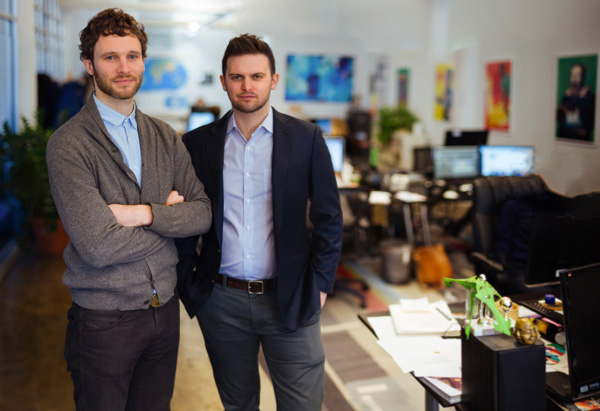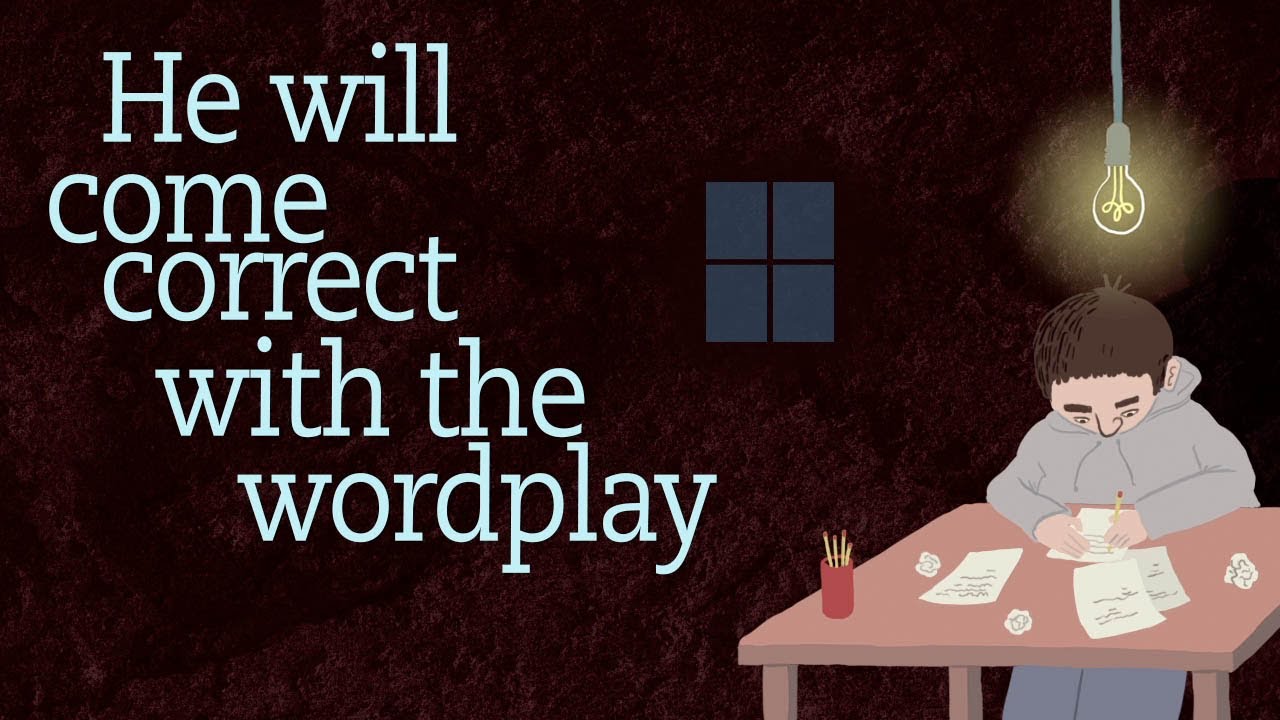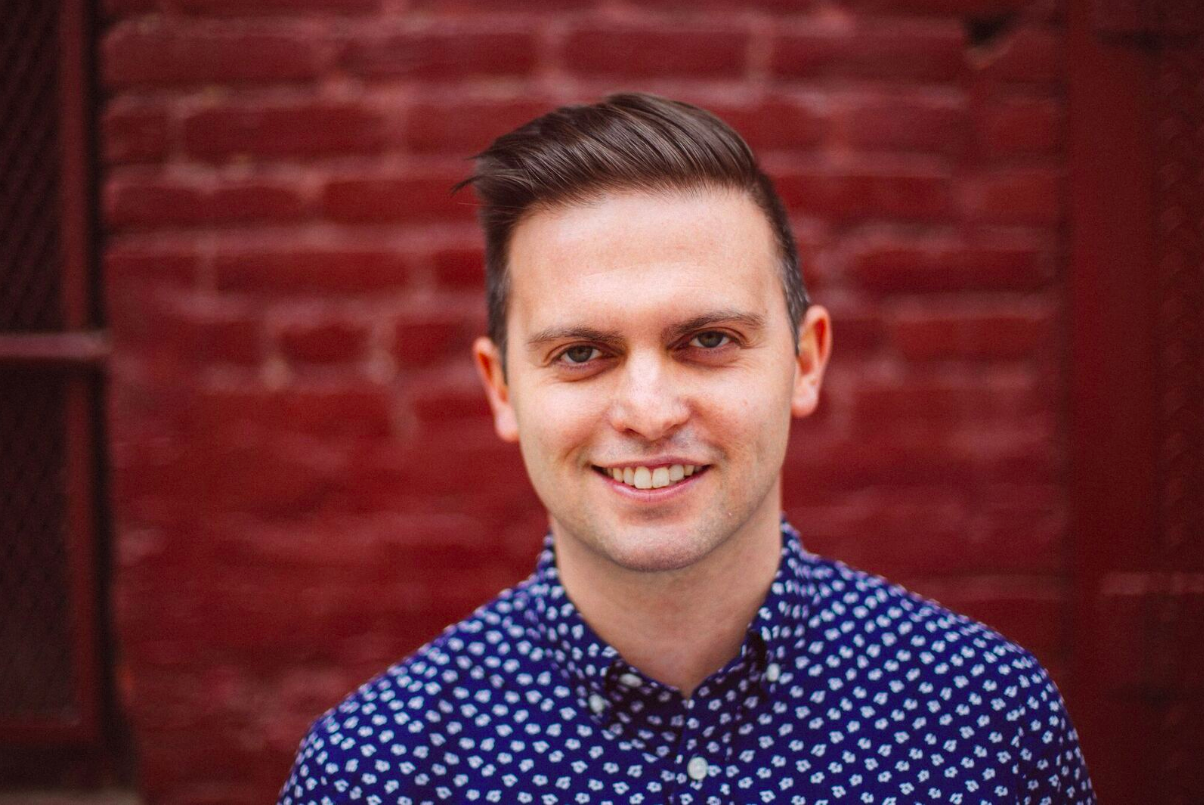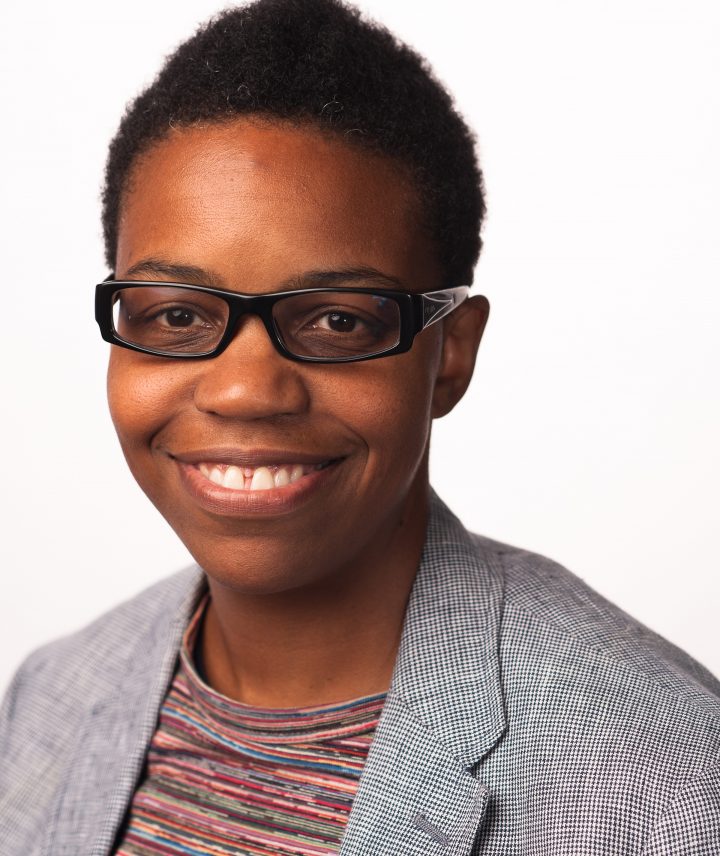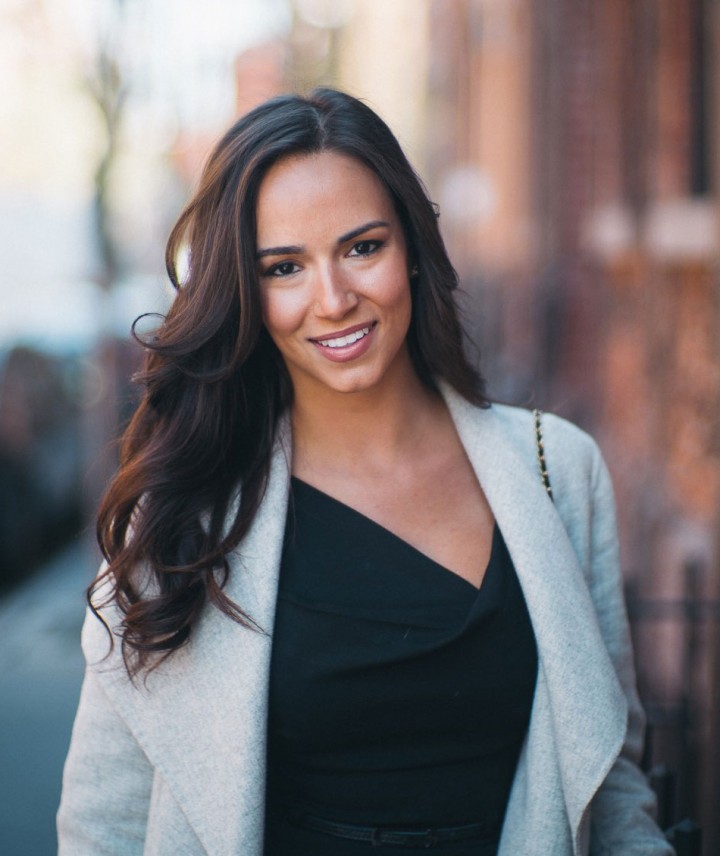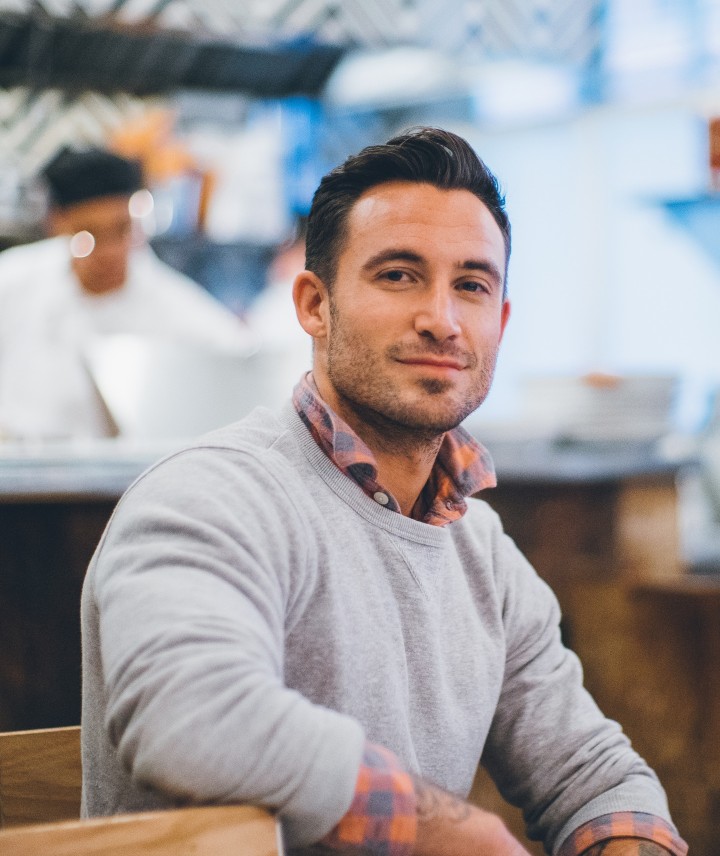Now that Besty DeVos is Secretary of Education, Americans are rushing to help schools—something 37-year-old Alex Rappaport knows how to do. His startup, Flocabulary, creates informative rap songs that teach everything from algebra to Shakespeare to personal finance. Oh yeah, and Snoop Dogg digs it.
“There are two problems facing education,” Rappaport explains. “One, that learning can be boring—even for the most successful students. And two, that only a fraction of our country can afford the necessary tools to keep kids engaged.”
Case and point: SAT prep. Hired tutors and Princeton Review books work wonders keeping kids on track, but are only available to students who can afford them.
“We wanted an accessible way of keeping kids engaged—one that understood why we remember every word to random rap songs from high school when we instantly forget the definition of obsequious.”
Using music to educate is hardly a new idea—Schoolhouse Rock has seared “I’m Just A Bill” onto the collective American hippocampus since 1973. Flocabulary simply took it one step further, updating the imagery and beats to engage with modern students of all ages. Check out one of their more than 800 songs below, created in honor of Black History Month:
